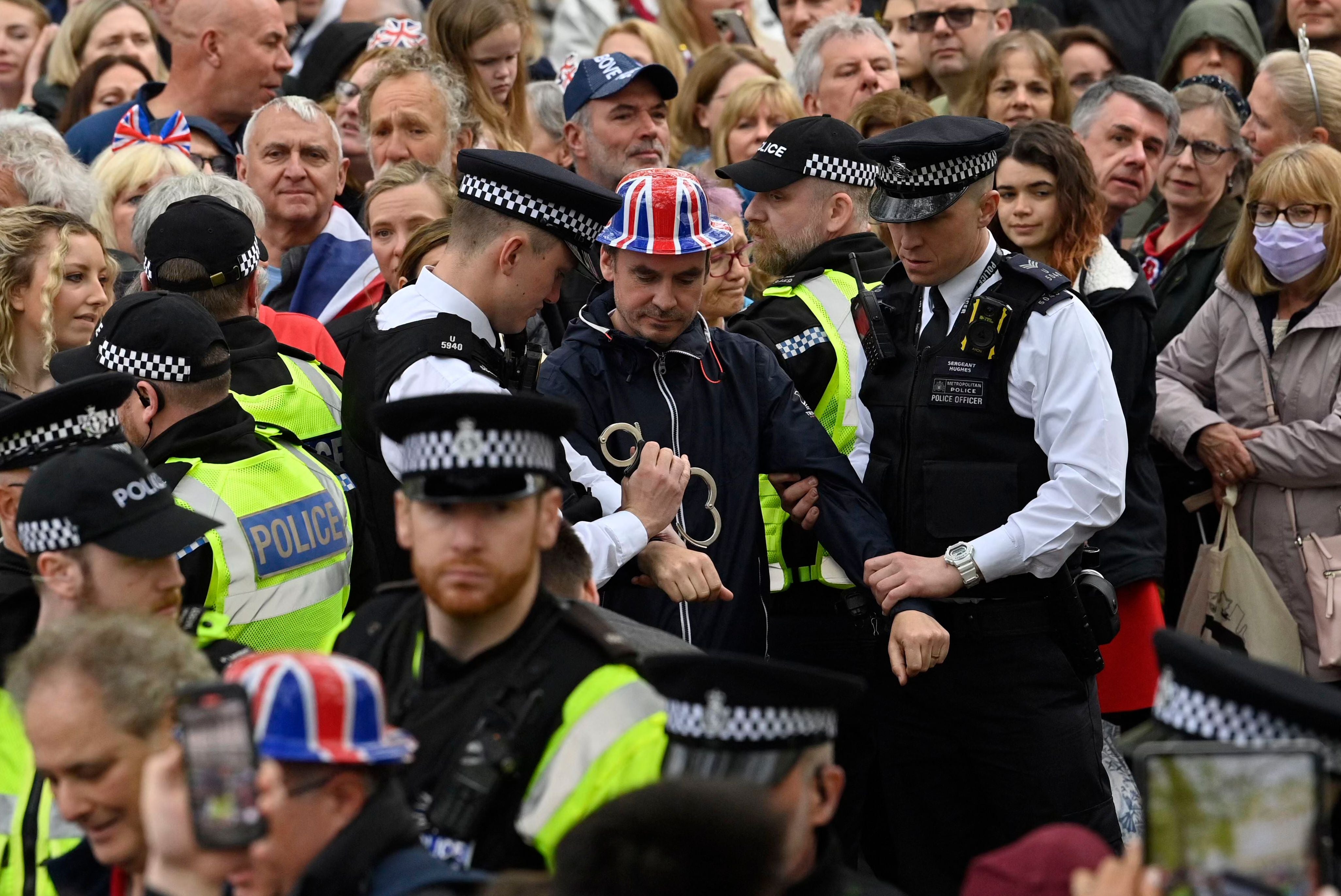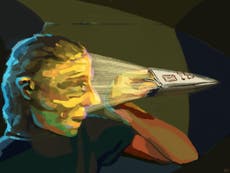The Public Order Act will have a chilling effect on your civic freedoms – it must be repealed
The UK’s Public Order Act, which became law this month, imposes undue restrictions on the right to peaceful protest, writes the UN human rights chief Volker Türk

The right to peaceful protest is fundamental to human freedom, and its history in the United Kingdom is long, strong and honourable.
People resisted tyranny. They denounced slavery. They demanded an end to discrimination, to exploitation, and to the undue and arbitrary attempts to control people’s minds and bodies. They stood up and marched for freedom.
Think of the Abolitionist movement which ended the practice of abducting, buying and selling people across the British empire – and the independence movements which brought that empire to a close.
Think of women’s right to vote – born in the fearless activism of the Suffragettes, who starved themselves in jail, took over monuments and chained themselves to railings and gates, in order to gain time to deliver their speeches before being taken away by police.
Today, Suffragettes like Vera Holme, who in 1909 was photographed carrying equipment and chains, could be arrested for the offence of “being equipped to lock-on” – and face an unlimited fine.
The Public Order Act, which became law this month, imposes undue restrictions on civic freedoms.
It expands the powers of the police to stop and search for prohibited objects – including, in certain circumstances, searches without reasonable suspicion.
It empowers orders that ban specific individuals from being in certain places at certain times; or being with particular people; or using the internet in certain ways.
It creates new crimes, such as “locking on” – when protesters intentionally attach themselves to others, or to buildings, in such a way that they could cause “serious disruption” – and “being equipped to lock-on”.
Bicycle locks, duct tape, string: what will police officers decide is a lock-on object, and what kind of evidence would indicate sufficient intent to use it to lock-on?
What does “serious disruption” mean? Would it include partially blocking the entrance to a shop, a petrol station, or the headquarters of a tobacco corporation or oil company?
The vague scope of these and other criminal offenses carries serious risks of arbitrary, inconsistent and ultimately, chilling enforcement. This could have serious consequences for the effective ability of people of all political views to join demonstrations on issues that matter.
Just four days after passage of the act, six people were arrested in London on suspicion of “being equipped to lock-on” because they were carrying items including plastic ties in the context of a protest against the coronation.
That was hardly surprising: plastic ties are frequently used to secure protest banners. Indeed, after being held for 16 hours, all six were released. The police expressed “regret” for the arrests – but then they didn’t; the Metropolitan Police chief subsequently defended them, compounding the confusion about what is, and what is not, prohibited by this legislation.
Participation by ordinary people is the lifeblood of every healthy society. It ensures that governments are accountable, well-informed about people’s need and, one hopes, responsive to them. This isn’t just about regular elections every few years, and it cannot be reduced to polite letters to the editor.
Protests – loud, sometimes briefly disruptive, but peaceful – are needed. To be effective, they have to attract attention. If we did not learn that from the Suffragettes of 1909, we need to learn it now, facing the need for decisive action to address our environmental emergency.
It is therefore particularly troubling that the government’s factsheet on the Public Order Act makes reference only to the need to restrict or control protesters who demand that action be taken to avert and address climate harms and uphold our universal human right to a safe and healthy environment.
As the United Nations high commissioner for human rights, reports of injustice land on my desk with depressing regularity.
Fundamental freedoms, including the right to peaceful assembly, are under attack in many parts of the world. The United Kingdom, quite rightly, has spoken out against such measures. But to my regret, the UK’s own Public Order Act is now also likely to produce a profoundly chilling effect on civic freedoms. I urge that it be repealed, or at the very least rethought – and my office will be glad to assist.
Volker Turk is the UN high commissioner for human rights






Join our commenting forum
Join thought-provoking conversations, follow other Independent readers and see their replies
Comments